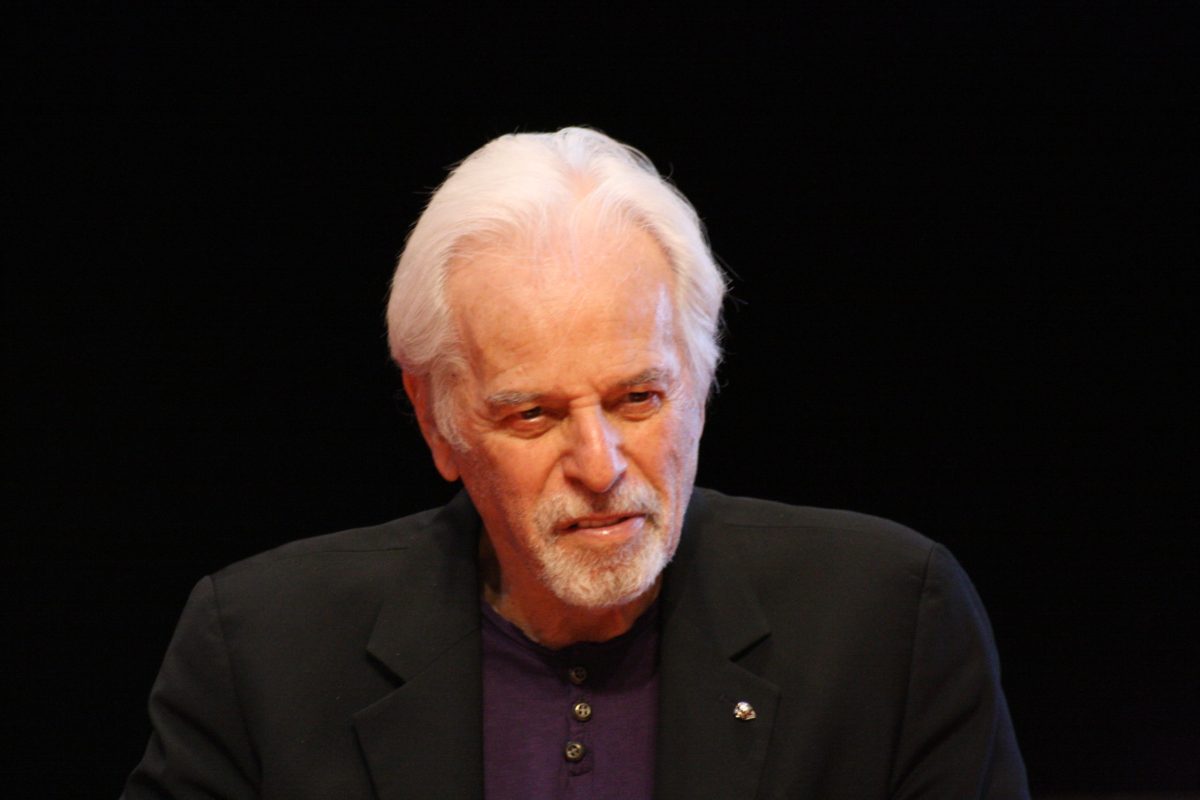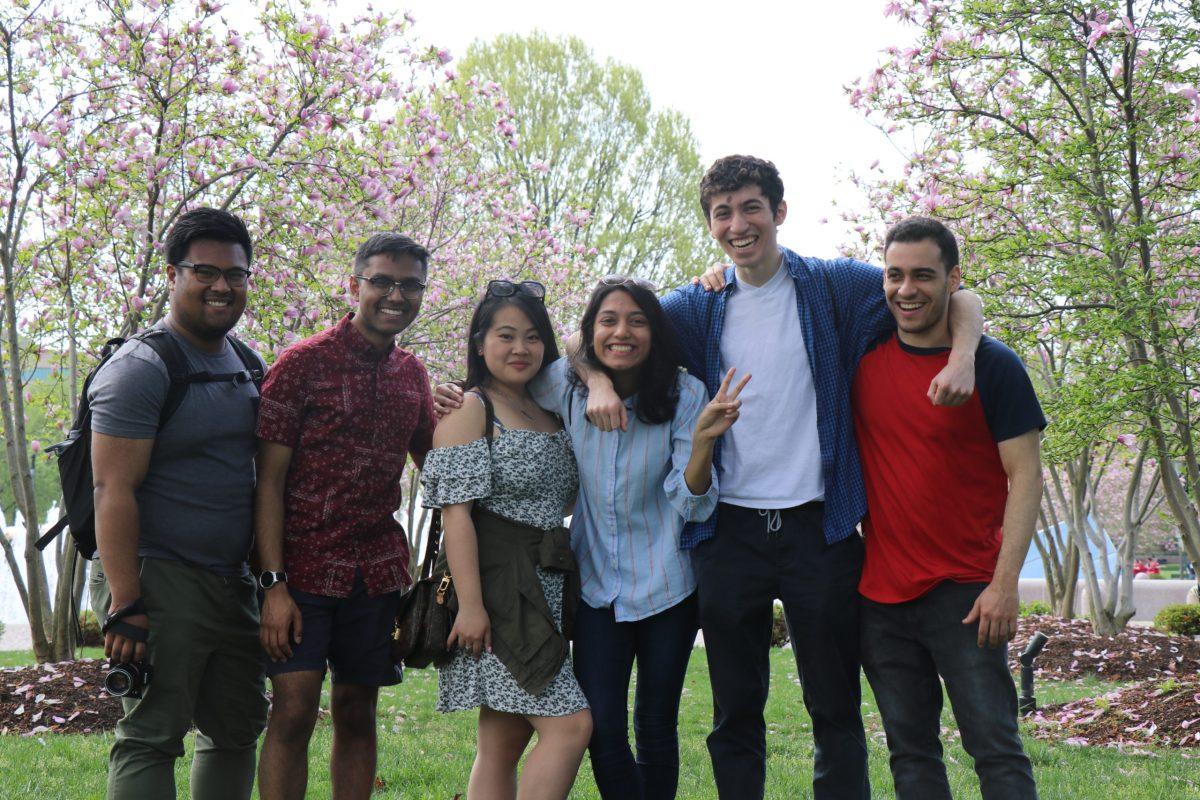By Liem Ho
On Friday, June 26, the Supreme Court ruled that same-sex marriage could not be banned by states—the U.S. became the 21st country worldwide to nationalize the legalization of same-sex marriage.
As a result, all married same-sex couples are now able to have equal benefits as married heterosexual couples. Many may think that the battle for LGBT equality has ended. However, this is not the case—such a ruling means the battle has only just begun.
With the increasing prominence of the LGBT community in social media and pop culture, LGBT healthcare and education are two topics that have been brought to the forefront.
In the healthcare realm of LGBT equality, hospitals and nursing homes need to follow specific protocol when addressing their clients, such as using proper pronouns, and recognizing the genders of their partners. Additionally, transgender patients undergoing transition should be able to have the proper insurance representation and coverage for their treatments. Many non-transgender patients can receive insurance coverage for hormones and/or cosmetic surgeries. Transgender patients should be eligible for coverage as well, as they are also human.
In the realm of education, medical schools and other academic institutions preparing students for fields of social service should train and inform students of the LGBT community, as well as how to properly tend to their needs. Also, providing insight and perhaps a history of the LGBT community may be beneficial to those who don’t quite understand LGBT issues. By educating our peers, we allow opinions to be formulated from personal experiences and knowledge rather than assumptions and false information.
Recently, the Obama administration proposed a new rule, known as “Nondiscrimination in Health Programs and Activities.” This rule bans discrimination against transgender people seeking healthcare coverage, gives them the ability to use restrooms based on their gender identity, and providers cannot prohibit them from services based on their masculine or feminine identities. Not only is this rule significant because it benefits the LGBT community, it also ensures women are receiving equal treatment in the field of healthcare. Women will be protected when they are charged more for healthcare or when their needs are marginalized or excluded from insurance coverage. This newly proposed rule is the first time nationwide protection against sex discrimination has been introduced in healthcare services.
Greater inclusion of the LGBT community in daily life has resulted in the reevaluation of current laws and policies to ensure that healthcare officials are providing equal treatment. Unfortunately, it has taken decades of rallying, protesting, parading, and unfortunately violence and lost lives for today’s reforms to occur. As a member of the LGBT community, I am grateful for the growing support, and am excited to see where society will be in the future years to come.
Students who are identify as LGBT and need support, or are questioning their sexual orientation should reach out to the Center for Counseling and Psychological Services (CCAPS) located on the first floor of Campbell Hall, Spectrum (NJIT’s gay-straight alliance), or Diversity Programs at the Center for Student Involvement.






























